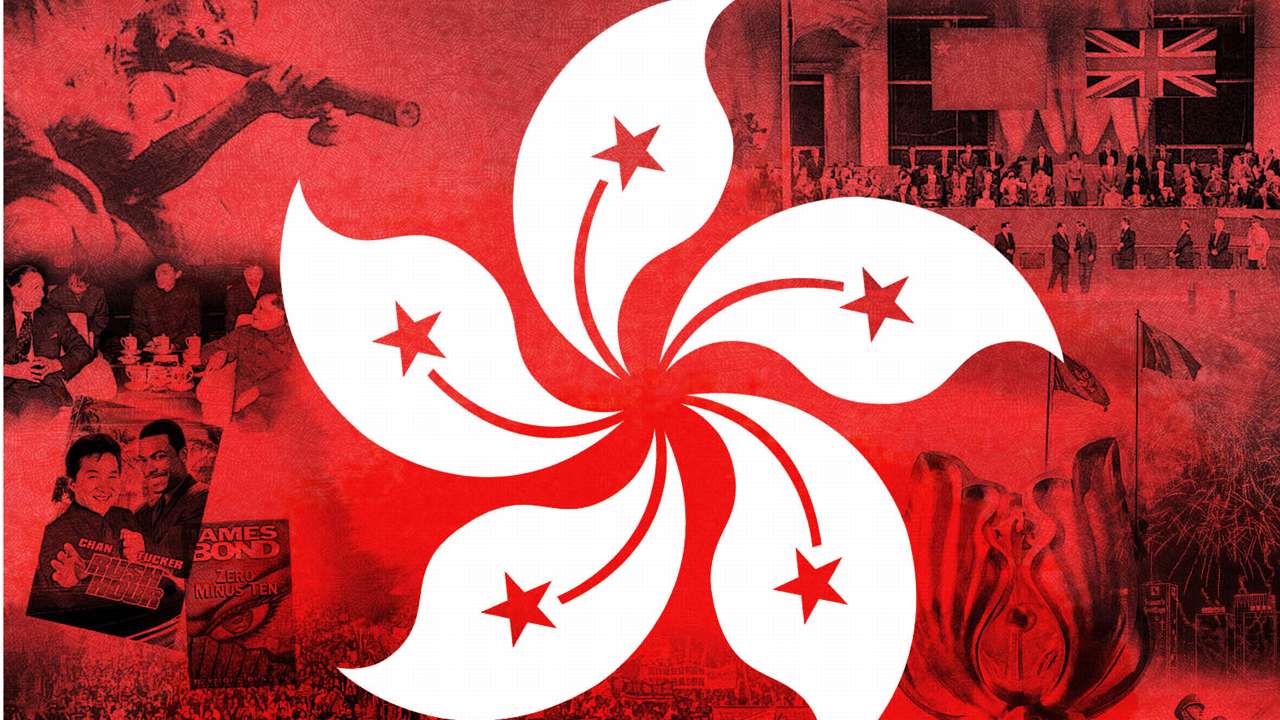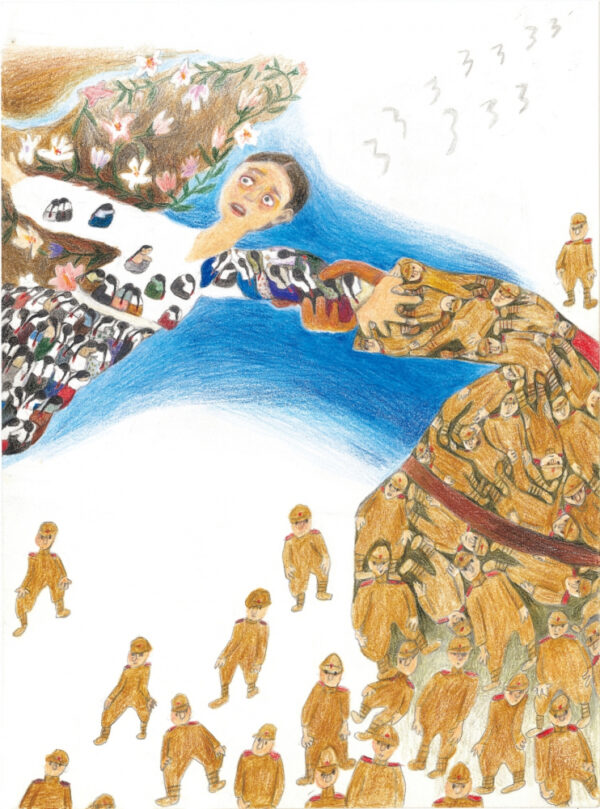“Suzhi (素质) Travels: Northeast Asia, China, Africa” is a seminar hosted by the Anthropology department and sponsored by the Arts and Science faculty at the University of Toronto on January 16, 2016. The speaker, Yan Hairong from The Hong Kong Polytechnic University, is the author of New Masters, New servants: Migration, Development and Women Workers in China. She is currently a visiting professor at the Anthropology department of the University of Toronto for four months. Professor Yan specializes in numerous research topics, including modernization in East Asia, transformation of China, and China-Africa relations. As the primary presenter, she discusses her early research on the concept of suzhi, or the Chinese word for “quality”. She also touches on the historical roots of suzhi, and her current research on suzhi in Africa.
Professor Yan begins the seminar discussing the role of suzhi in China, more specifically during the Chinese reform era and within the context of population planning policy. Suzhi is the comparative measurement of the new social currency of human worth, as well as the intent or capacity for development. Chinese population is seen as high in quantity and low in quality. Peasants, who make up most of the Chinese population, are placed at the bottom of the establishment of the suzhi hierarchy. Yan introduces the added dimension on the employment relationship during labour migration from the countryside to the city, where the workers are not only selling their strength – they are also acquiring quality for improvement.
To trace where the word suzhi came from, Yan suggests that one has to abandon the stereotypical understanding of suzhi as a Chinese discourse. She further provides the audience with background definitions of this term – the English translation, quality, refers to the immeasurable “inherent or distinguishing attribute” or the measureable “degree of excellence or worth”. On the other hand, Yan states that the Chinese characters of suzhi can be first found in the Chinese classic Siku Quanshu or Imperial Collection of Four. However, the suzhi here is referring to an unadorned and pure state used to describe objects and not people. Interestingly, Yan presents that the word suzhi comes from Japan, first appearing in Fukuzuwa Yikichi’s An Outline of a Theory of Civilization in 1875. Yukichi compares the transformation from culture to civilization to the transformation from non-being to being which utilizes suzhi. This transition entirely depends and pivots on human effort instead of national resources, thus a country with strong natural resources would not be advantaged in the transformation from culture to civilization.
Yan further expands on the history of suzhi by explaining how Japan spoke about Chinese suzhi and Korean suzhi. The first instance that suzhi appears in Chinese is 1899 when students who studied in Japan responded to a Japanese news article regarding Chinese suzhi. Chinese people accepted their submissive rule to Japan ever since the Qing Dynasty and they seem to do it out of habit ever since. During the Japanese colonial expansion period after the Paris Peace Conference in 1919, Japan wanted dominance over the Shandong province in China from German occupation, and was predicting the Chinese reactions of this decision. Japan assumed that Chinese would not have a problem with this because they are “used to it”, not knowing the transfer from German to Japan would later ignite the first modern social movement in China – the May 4th Movement.
In terms of the Japanese view toward Korea, Professor Yan narrates a story told by a Korean railway patrolman. This patrolman encounters a Japanese gentleman and experiences a “feeling of pleasure, happy without knowing why, just as a child is happy when the adult takes him seriously”. A classical colonial trope is pointed out where the colonized is the child while the colonizer is the adult. For both nation-states, Yan draws from scholarly works to emphasize Japan’s colonizing nature and the fact that suzhi is used to connect essential characteristics of the people and the colonization of their country. The transition from colonialism to post-colonialism is the process of change from essentialism to relativism where a specific entity that has rigid and unchangeable frameworks moves to an entity that is fluid and subjective depending on the context. This transition involves a de-colonization stage in which global space is remade from the colonized and the colonializers to global development as colonies are becoming independent. The former white man’s burden is now world’s burden. At the same time, one can now discuss suzhi not only on a national scale, but also in groups of any size – cities, individuals, schools – through development and net-liberalization in China after 1970s.
As suzhi goes to Zambia, Africa, it is observed that China’s interest in Zambia is mostly about work or performance. Poverty in Zambia is seen as a symptom of laziness that Zambians are responsible for. The Chinese people’s self-perception and their perception of Africans are mediated by pre-determined international standards that created a racialized perception hierarchy with the white race at the top. The word Suzhi used on Africans does demonstrate a Chinese form of racialization. However, when it is used on the Chinese themselves, the racial characterization on nation or race transcends into class characterization.
To answer her questions raised at the beginning of the seminar, Professor Yan summarizes by stating that the concept of suzhi is not unique to China. However, it became a significant concept in modern China and its development. Suzhi, all in all, has become a homogenizing term for any human valuable that is able to connect, surpass, and maintain the classical and standard categories – race, class, and gender. Suzhi is a term potentially related to global governance and developmentalism that requires deeper understanding and exploring than the common Chinese interpretation of the word. Yan expands on the notion of suzhi within various contexts brought up by the attendees. She further highlights the transition from the traditional meaning of suzhi to the liberal meaning of suzhi. Yan challenges the audience to think about new aspects of the conventional word suzhi that many Chinese people use on a daily basis, and provides new dimensions to the ordinary suzhi that not many have investigated.
Gloria Liu is a second year student studying East Asian Studies and Sociology at the University of Toronto. She currently serves as a copy-editor for Synergy: The Journal of Contemporary Asian Studies. She is interested in Mao’s China and particularly experiences of individuals during the Chinese Cultural Revolution.








